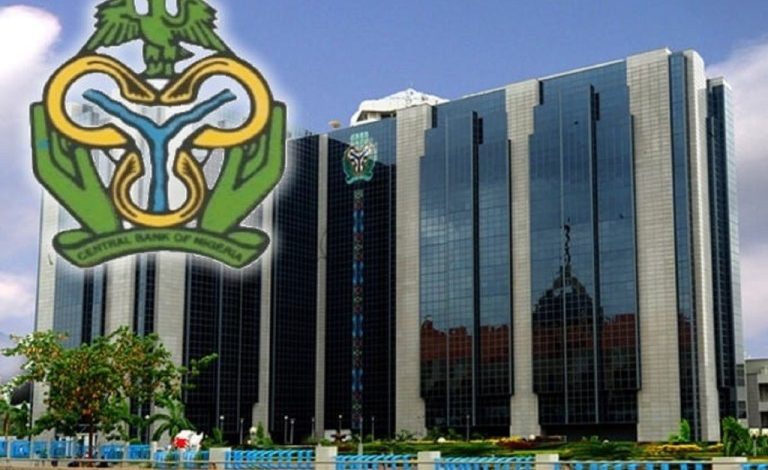Nigerians hoarding 94% cash, says CBN report

Nigerians are holding onto cash at an unprecedented rate with a staggering 94 percent of the currency outside the banking system.
This Central Bank of Nigeria (CBN) stated this in its March 2024 Money and Statistics data.
The figures paints a concerning picture of declining trust in the banking system and potential risks to the nation’s economic growth.
According to the data on the CBN website, the amount of physical money M1 in circulation has skyrocketed compared to the previous year.
In January 2024, it stood at N3.65 trillion, more than double the N1.39 trillion recorded in January 2023.
This trend continued throughout the quarter, with March 2024 reaching N3.87 trillion, a 130 percent increase from the previous year.
This significant rise suggests the CBN has pumped more cash into the system, likely in response to the scarcity issues plaguing 2023.
While the CBN injects more cash, the amount held outside banks is growing even faster.
January 2024 saw N3.28 trillion outside the banking system compared to N792.18 billion just a year prior.
By March 2024, this figure had ballooned to a concerning N3.63 trillion, a 150 percent increase year-on-year.
This indicates Nigerians are hoarding cash at a rate exceeding the CBN’s efforts to increase circulation.
This behavior can be traced back to the severe cash scarcity crisis experienced in 2023.
The CBN’s flawed implementation of a naira redesign policy, intended to promote a cashless economy and combat crime, resulted in widespread disruption and a loss of trust in banks.
Fear surrounding the validity of old notes and difficulty accessing cash fueled a hoarding mentality that continues to this day.
The CBN has previously acknowledged the issue, citing “high volume withdrawals” from banks and “panic withdrawals” by customers.
It also warned banks and merchants against hoarding cash. However, despite these efforts and the suspension of fees on large cash deposits, Nigerians remain hesitant to return their money to the banking system.






